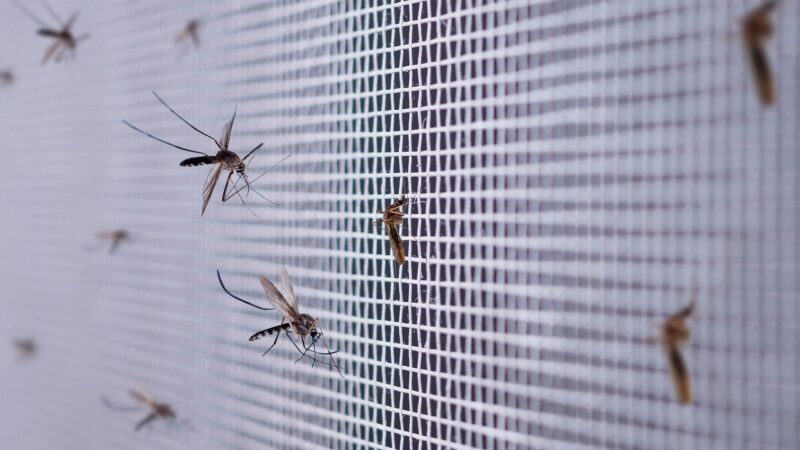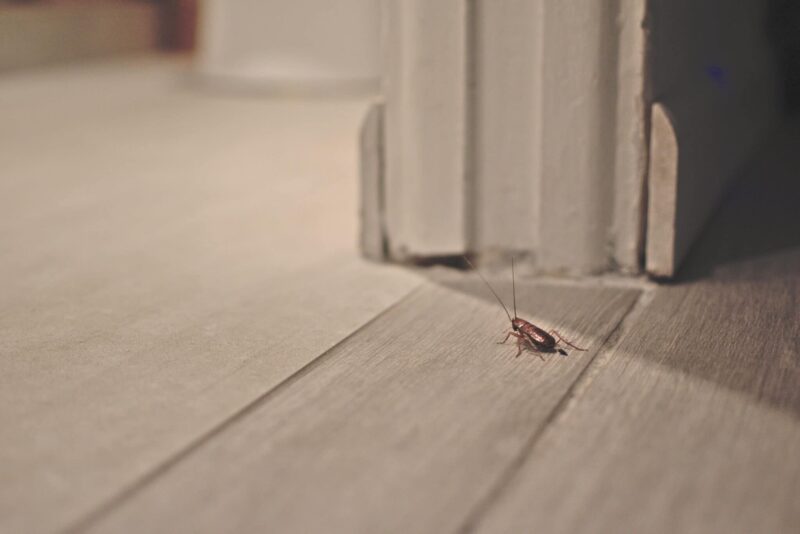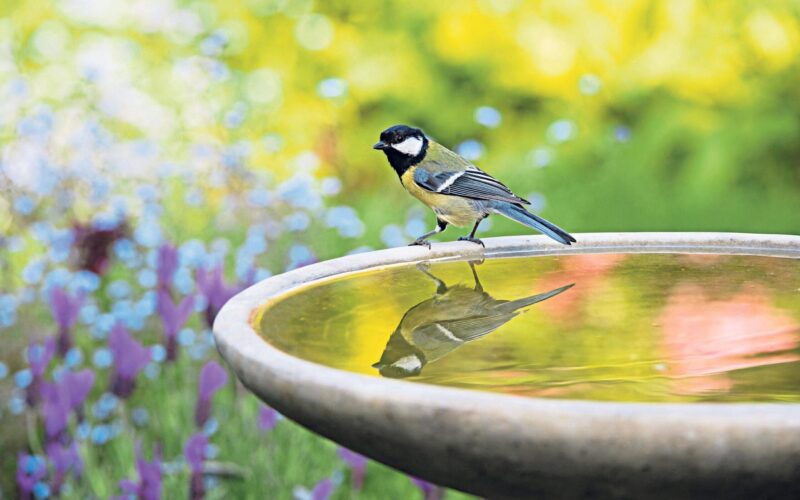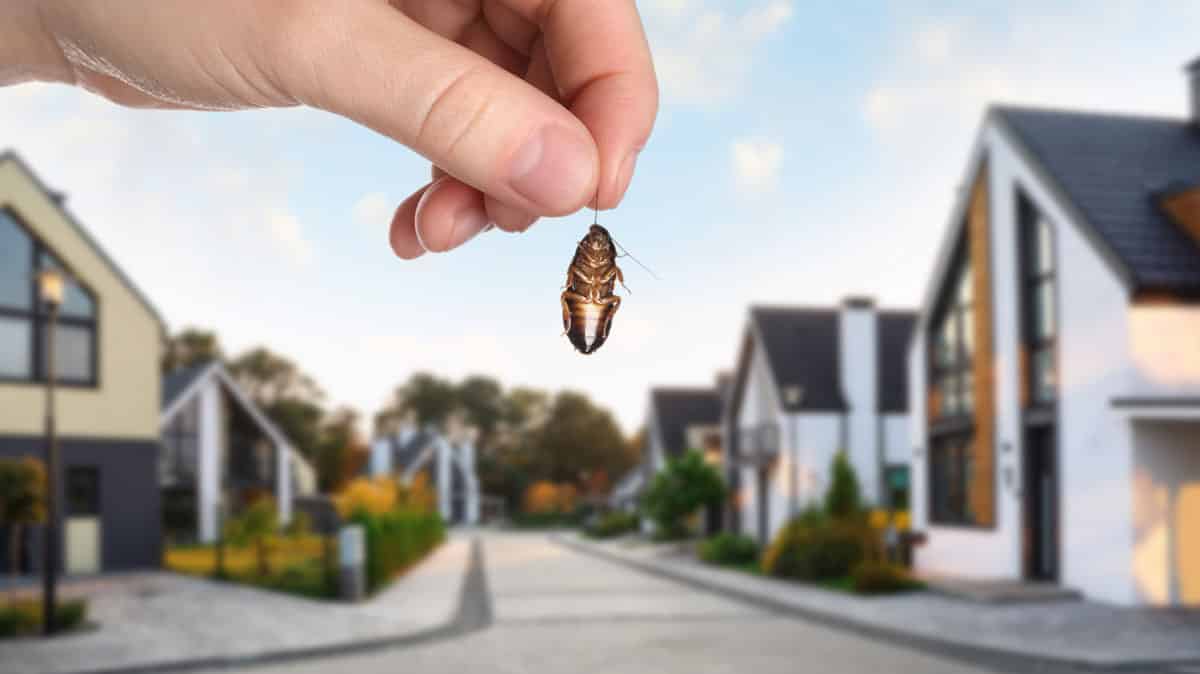As the hot summer months approach, it is important to take steps to protect your household from pests. The warmer temperatures can bring about an increase in pest activity, ranging from ants and cockroaches to mosquitoes and rodents. Not only are these pests a nuisance, but they can also pose a threat to your health and safety. To ensure the safety and comfort of your household during the summer months, it is crucial to take preventative measures to keep pests from invading your home.
Page Contents
Understand The Common Summer Pests
Knowledge is the first step in effective pest control. It’s crucial to understand the behavior and habitats of common summer pests to develop targeted prevention and treatment strategies.
Mosquitoes

Mosquitoes are more than just an irritant. These small, buzzing pests can transmit diseases like Zika, West Nile virus, and malaria. They breed in standing water and are most active during dusk and dawn. In the hot summer months, mosquitoes multiply rapidly, and their population can get out of hand if not adequately controlled. The female mosquitoes lay eggs in standing water, including small puddles, ponds, or even items like bird baths and discarded tires. Therefore, eliminating sources of standing water can significantly reduce the mosquito population in your surroundings.
Ants
Ants are one of the most common pests in homes. During the hot or dry summer months, they invade homes in search of food and water. Once they find a reliable food source, they leave a scent trail for other ants to follow, leading to an infestation. Various types of ants, such as carpenter ants, pavement ants, and odorous house ants, can be problematic. They are attracted to sweet substances and can build nests in a wide range of areas, from your kitchen pantry to wall cavities. Understanding their food preferences and nesting habits can help in devising effective ant control strategies.
Cockroaches

Summer is the high season for cockroaches, which thrive in warm and humid environments. They are nocturnal pests, coming out at night to search for food and water. Cockroaches can pose several health risks. They can contaminate food and surfaces with bacteria that can cause food poisoning, diarrhea, and other illnesses. Their shed skin and droppings can also trigger allergies and asthma.
Cockroaches are notoriously resilient and can breed rapidly, leading to a full-blown infestation in a short time if not addressed promptly. They typically hide in dark, secluded areas during the day, such as under appliances, inside cabinets, or behind wall cracks. Knowing these pests’ habits and preferences can guide your prevention and control efforts, helping keep your home pest-free in the hot summer months.
Implement Preventive Measures
Prevention is always the best form of pest control. By taking proactive steps to deter pests, you can avoid the stress and inconvenience of a full-blown infestation. Here’s how:
Keep Your Home Clean
Pests are attracted to areas that offer food, water, and shelter. A clean home minimizes these attractions, making it less inviting to pests. Dispose of garbage promptly and ensure your bins are sealed to prevent attracting pests. Regularly vacuum and mop to clean up food crumbs and spills that may attract ants and cockroaches. Try to avoid leaving dirty dishes overnight, as they can provide a food source for pests. Kitchen storage also plays a significant role in pest prevention.
Keep pantry goods and pet food in sealed containers. Store ripe fruits in the refrigerator to prevent fruit flies. Moreover, reducing clutter can eliminate potential hiding spots for pests like cockroaches, making your home less attractive to them.
Eliminate Standing Water

Mosquitoes need standing water to breed. Reducing these sources can dramatically lower the mosquito population around your property. Regularly check for and eliminate standing water in areas like birdbaths, plant pots, and blocked gutters.
Don’t overlook smaller items like discarded cups or bottle caps, as mosquitoes can breed even in small amounts of water. Cover rain barrels with a mosquito-proof mesh and regularly change the water in pet bowls or birdbaths.
Seal Entry Points
Pests are small and can enter homes through tiny cracks, crevices, or holes. Regularly inspect your home for such potential entry points. Pay special attention to areas where utility pipes enter the home, as these are common access points for pests.
Use caulk or other suitable materials to seal these openings. Install or repair screens on windows and exterior doors to keep flying insects out. Weatherstripping can seal gaps under doors. Preventive measures like these can go a long way in maintaining a pest-free home during the hot summer months. A little effort now can save you from significant headaches down the road.
Implement Pest Control Strategies
Use Insect Repellents
Use EPA-approved insect repellents on exposed skin and clothing to ward off mosquitoes. Consider using candles or lanterns with repellents for outdoor activities.
Natural Ant Deterrents
Natural solutions like vinegar, cinnamon, and peppermint oil can deter ants. Spray these substances around doorways, windowsills, and other potential entry points.
Cockroach Traps and Baits
Place cockroach traps and baits in areas where you suspect activity. However, if infestation persists, it might be necessary to hire a professional exterminator.
Regularly Monitor and Adjust Your Strategy
Pest control requires consistency. Regularly monitor your home for signs of pests and adjust your strategies as necessary. If problems persist, consider reaching out to professional pest control services.
Final Remarks
In conclusion, protecting your household from pests during the hot summer months is essential to ensure the safety and health of your family. As the temperature increases, it becomes more likely for pests to invade your home, bringing with them a range of problems such as disease, destruction of property, and unpleasant odors.
By following the tips and tricks outlined in this article, such as regular cleaning, sealing entry points, and using natural repellents, you can effectively keep pests at bay and maintain a pest-free environment. Remember that prevention is key, and by taking proactive steps to deter pests, you can enjoy your summer without any unwanted guests.






